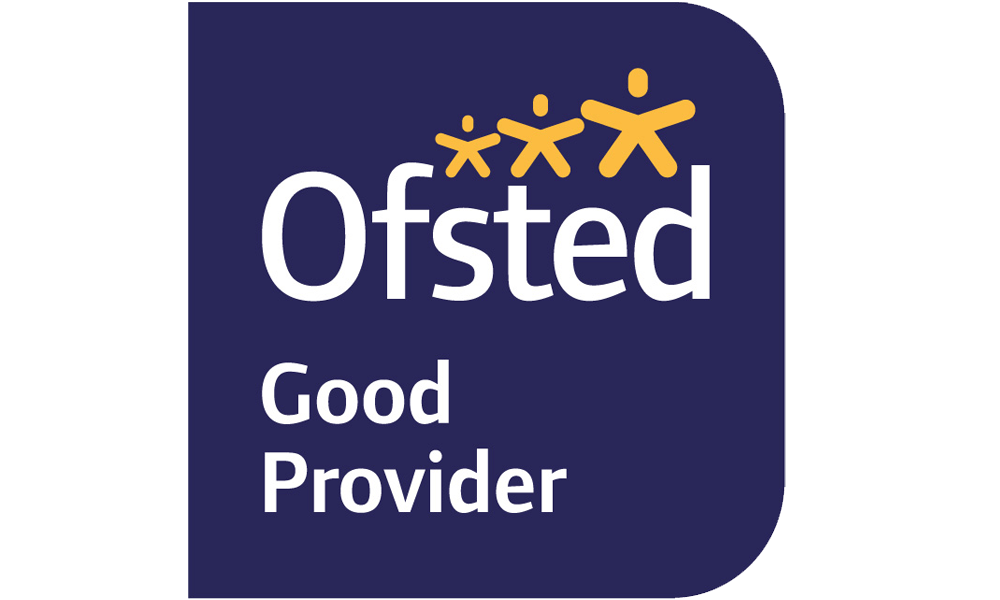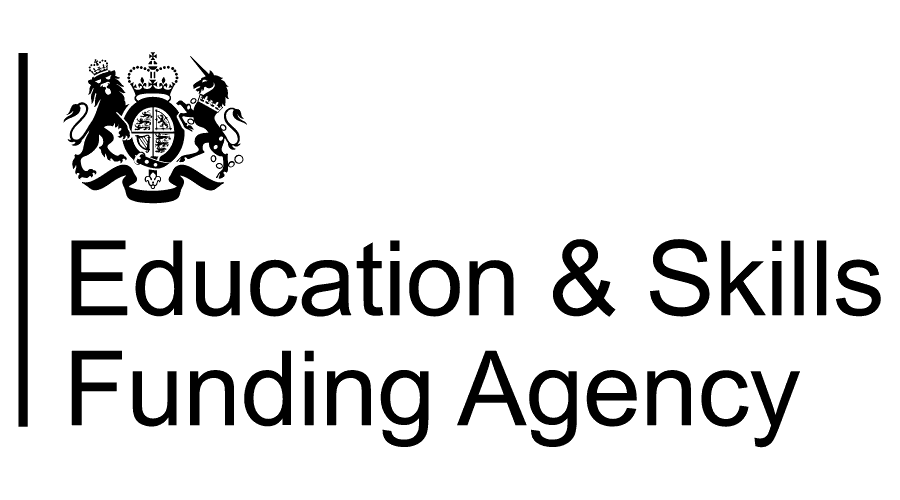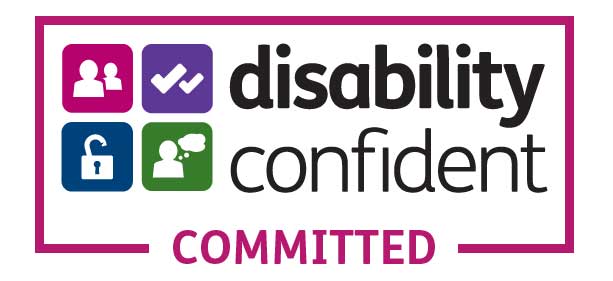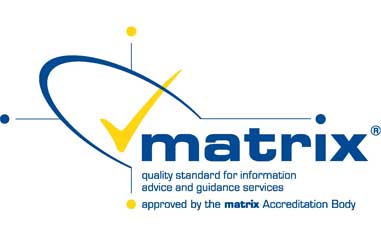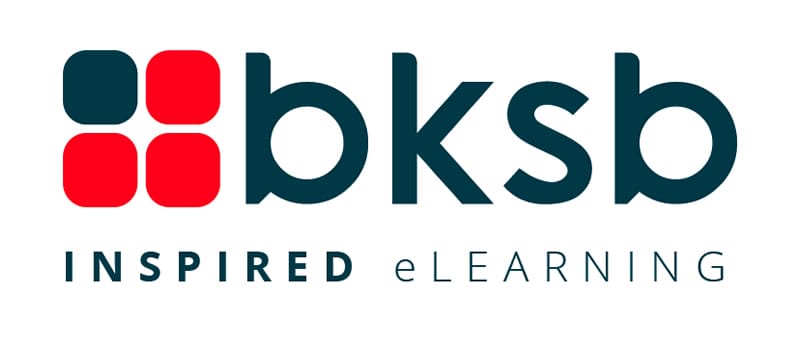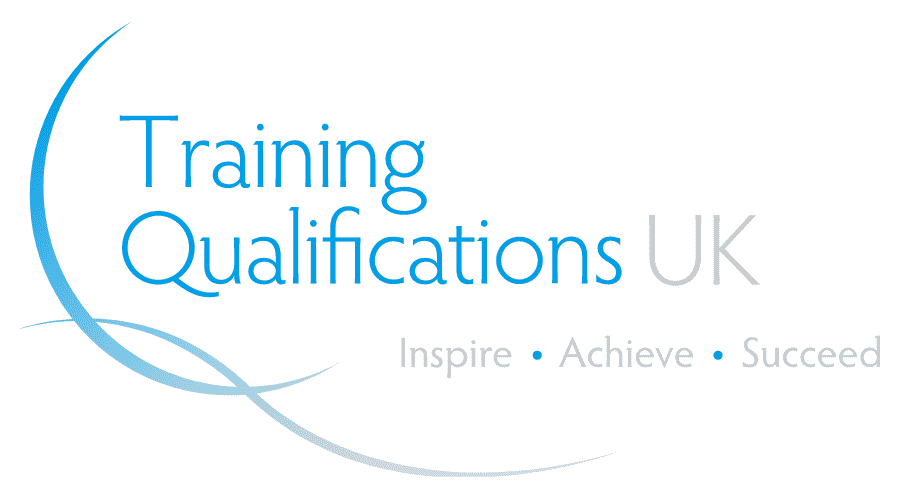Becoming an Early Years Practitioner – Your Ticket to a Fulfilling Career

Introduction
Are you interested in working with young children? Do you have a passion for nurturing their development and helping them to learn and grow? If so, then a career as an early years practitioner might be just what you’re looking for.
In this article, we’ll explore the steps you can take to become an early years practitioner, including the qualifications and skills you’ll need, the job responsibilities you can expect to have, and the benefits of pursuing this rewarding career path.
What is an Early Years Practitioner?

An early years practitioner is a professional who works with young children, typically from birth to the age of five. These professionals play a crucial role in supporting children’s development and helping them to reach important milestones in their physical, emotional, and cognitive growth.
Early years practitioners can work in a variety of settings, including nurseries, preschools, and children’s centres. They may also work in private homes as nannies or childminders, providing care and support for children in their early years.
Qualifications and Training
To become an early years practitioner, you will need to have a certain level of education and training. The specific qualifications and training required will depend on the type of work you’re interested in doing and the employer you’re working for.
For the job market, most early years practitioners will need to have a minimum of a Level 2 Certificate or Diploma in Childcare and Education. Some employers may also require additional qualifications, such as a Level 3 Diploma in Early Learning and Childcare.
Once you achieve the relevant childcare qualifications, to be a successful Early Years Practitioner, you’ll need to have a good understanding of the development requirements for children, including their physical, emotional, and social development, and have knowledge of child development in general.
Eden Training Solutions provides all the necessary training to make you or your staff prepared for a fulfilling career safeguarding children in their early development.
If you want more information or you’re ready to get started on your new career, visit our dedicated early years practitioner page today.

The importance of Child Safety
Let’s talk about something that’s really important if you’re thinking about becoming an Early Years Practitioner: child safety.
Now, I know this might not be the most fun thing to talk about, but it’s crucial that you understand the requirements and procedures involved. The reason for this is simple: you need to prove that you’re a trustworthy person who is safe to work around children.
In England, Wales, the Channel Islands, and the Isle of Man, this is done through a disclosure and barring service (DBS) check. What this means is that your criminal record will be checked, and it will be determined whether or not you’re barred from working with children.
If you’re over the age of 16 and you want to work with early years children, you must have an enhanced DBS check with barred list check. Your employer should arrange this for you, or if you’re a childminder, it will be carried out through Ofsted or the childminder agency you’re registered with.
It’s also a good idea to register for the DBS update service after you receive your certificate. This way, you can keep your certificate up to date and make it easy for employers to check for any changes. Just remember that you must register with the update service within 30 days of receiving your certificate.
Now, let’s talk about something more exciting: your career path! As an Early Years Practitioner, you’ll be involved in helping children with their emotional, social, and educational development. You’ll work in a variety of settings, including pre-schools, primary schools, and nurseries.
As you progress in your career, there will be opportunities for professional development, including educational programmes and reflective practice. Nursery nurses, preschool assistants, and nursery managers all have different roles within the Early Years sector, but they all share a commitment to helping children learn and grow.
Other Safety Requirements
It’s important to note that there are legal and statutory requirements involved in becoming an Early Years Practitioner, including staff to child ratios and specific qualifications at a relevant level. This is because Early Years Practitioners play a crucial role in the holistic development of babies and young children, including their brain development.
Becoming an Early Years Practitioner is an exciting and rewarding career choice that involves helping children with their emotional, social, and educational development. There are legal requirements involved, including criminal record and barring checks, as mentioned, but once you’ve got those out of the way, you’ll be on your way to making a real difference in the lives of young children.
Skills and Attributes

In addition to formal qualifications and training, there are certain skills and attributes that are important for success as an early years practitioner.
These include:
- Patience and a caring nature
- Excellent communication and interpersonal skills
- Creativity and the ability to engage children in learning activities
- Organisational and time management skills
- The ability to work well as part of a team
Job Responsibilities
As an early years practitioner, your job responsibilities will vary depending on the specific role you’re in and the employer you’re working for. In general, however, you can expect to be responsible for:
- Providing a safe and nurturing environment for young children
- Planning and leading educational activities that support children’s development
- Observing and assessing children’s progress and adapting your approach as needed
- Communicating with parents and other professionals about children’s progress and needs
- Maintaining accurate records and documentation related to children’s care and development
Benefits of Working as an Early Years Practitioner
Working as an early years practitioner can be an incredibly rewarding career path. Some of the benefits of this type of work include:
- The opportunity to make a positive impact on children’s lives and support their development
- A flexible work schedule, with many part-time and full-time positions available
- The potential for career growth and advancement, with opportunities to become a manager or supervisor in a childcare setting
- Competitive pay and benefits, with many employers offering bonuses, paid time off, and other perks
Conclusion
In conclusion, becoming an early years practitioner can be a fulfilling and rewarding career path. As we have seen, it requires a combination of personal qualities, relevant qualifications, and ongoing professional development to ensure that you can provide the best possible care and education for young children.
As an early years practitioner, you will be responsible for creating a positive learning environment and providing appropriate learning resources, including opportunities for outdoor learning. You will need to have the relevant educator qualifications, which often require formal qualifications and meeting certain level qualification requirements as per legal and statutory requirements.
However, it’s important to note that education qualifications are just the beginning. Ongoing educational development is necessary to keep up with the latest research and trends in child development, so you can provide the highest quality care and education for children in your care. There are many professional development opportunities available, including classroom learning, reflective practice, and educational programmes, that can help you grow and thrive in your career as an early years practitioner.
Overall, becoming an early years practitioner is a meaningful career that can make a significant impact on the holistic development of young children. With the right qualifications, personal qualities, and ongoing commitment to professional development, you can create a positive impact on children’s lives and society as a whole.
FAQs
1. What is the difference between an early years practitioner and a nursery nurse?
While both early years practitioners and nursery nurses work with young children, there are some differences between the two roles. Early years practitioners typically work with children from birth to age five, while nursery nurses may work with children up to age seven or eight. Additionally, early years practitioners are responsible for planning and leading educational activities, while nursery nurses may focus more on providing general care and support for children.
2. Can I become an early years practitioner without a degree?
Yes, it is possible to become an early years practitioner without a degree. The level 2 early years practitioner is considered an entry level course. Most employers require a minimum of a Level 2 Certificate or Diploma in Childcare and Education, which can be obtained through vocational training programs early years practitioner apprenticeships. However, having a degree in early childhood education or a related field can increase your job prospects and earning potential.
3. What is the average salary for an early years practitioner?
The average salary for an early years practitioner in the UK is around £18,000 to £20,000 per year. However, salaries can vary depending on factors such as location, level of experience, and qualifications. Some employers may also offer bonuses or other incentives.
4. What is the career progression for an early years practitioner?
As an early years practitioner, there are several career progression options available. With additional training and qualifications, you may be able to move into a management or supervisory role within a childcare setting. Alternatively, you may choose to specialise in a particular area, such as working with children with special educational needs or becoming an early years teacher. Courses such as our Early Years Educator Level 3 Course, Teaching Assistant Course, and the Advanced Childcare Practitioner Level 5 Course all complement your career progression path.
5. What qualities do I need to be a successful early years practitioner?
To be a successful early years practitioner, it’s important to have a range of qualities and skills. These include patience, creativity, strong communication skills, and the ability to work well as part of a team. It’s also important to be able to adapt to different situations and provide a safe and nurturing environment for young children






